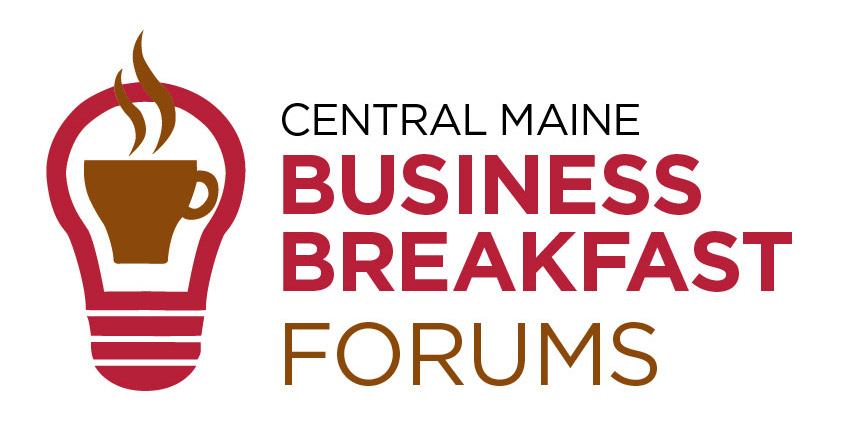AUGUSTA — The Central Maine Business Breakfast on building a small business in the region brought about 35 people together at the Holocaust and Human Rights Center at the University of Maine at Augusta to talk about what it takes to build a small business in central Maine.
Tobias Parkhurst, president of Oakes & Parkhurst Glass and a partner in Cushnoc Brewing Co.; Mike Duguay, director of the Harold Alfond Institute for Business Innovation at Thomas College; and Brad Swanson, center director for the Maine Small Business Development Center at CEI served as the panel of experts.
Here are the highlights:
• “People … believe they have to make this more complicated than it needs to be,” Duguay said. “It’s a matter of having that contact with customers. If you have a customer, and you can start to figure out if they will buy your good or product or service, and in that, can you make enough margin, you have a business. You have a customer, you have a unique value proposition, you have margin. If you have that, you have the beginning of a business. Don’t sit there and write a 100-page business plan if you haven’t sold a thing.”
• Commit to your idea. “When Romans invaded countries, they would land on the beaches and burn their boats. You have two options at that point, you either die or you win. If you do your due diligence ahead of time, success is in your future,” Parkhurst said. “I would almost caution against going halfway in. Giving yourself an exit plan is the way that it doesn’t work.”
• Swanson said people seek help with their business from the Small Business Development Center for a wide variety of reasons. Sometimes, they’ve gone too far with a problem that threatens the sustainability of the business and they want help to try to turn the situation around. “Sometimes resources are limited, and your financial security is in jeopardy, and you have to decide what’s next. Do I continue to spend my money, or do I cut my losses? Other people come with questions on how to grow my business. I am working 70-80 hours a week, and I never see my family. I never see my family, and this is not why I started my business. They’re typically at a point where their business has grown and they need to grow again, but they don’t see that because they are mired in the emotional pain of everything that has made them successful.”
• Parkhurst said a business plan contributes to success, but vision is also necessary. “You have to look hyperlocal, but you have to look a bit wider. If you’re going to open a place in Randolph, you have to ask yourself where is your population, where are they coming from and what are they driving by to get to you? Ninety-something percent of the daily goods people buy are a less than 15-minute drive from their house. People tend to get locked in their own four walls of their business and their ideas of what’s going to be cool in there. I think the one thing the business plan does for you to do is (research).”
• Sometimes the best outcome of business planning is discovering that the business won’t work as you envisioned, or it’s something you don’t want to do. Whether it’s a full-blown business plan or a planning process and goal setting, or some other method, putting the time in on working on the business rather than just working in the business is highly recommended. Hand-in-hand with that is analyzing performance regularly to ensure the cash flow is sufficient to sustain the business and the time and resources invested are resulting in revenue.
Comments are not available on this story.
Send questions/comments to the editors.


